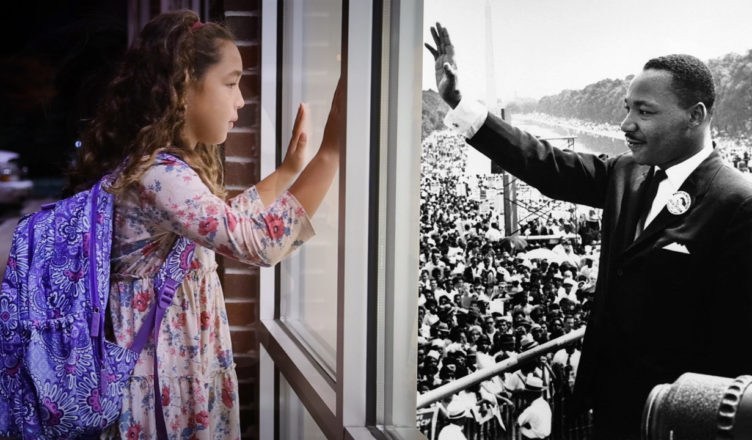It’s no secret the history of African Americans in the U.S. has been rooted in unfair treatment and undeserved pain. In addition to coming from a past where her ancestors have been subjected to inhumane treatment, your African American foster child has unfortunately also experienced abuse or neglect first hand. Black History Month is a time of reflection on the brilliance and resilience of the African American community. Whether you are an African American foster parent, or a parent of a different race, it’s good to be prepared to help your African American foster child celebrate Black History Month.
Help Your African American Foster Child Celebrate Black History Month: Fun with Learning
After the Civil War, there was an influx of inventions from African Americans. From the products used, to the food eaten, they contributed greatly to society. In fact, there are many items in your household that have been invented or influenced by African American inventors. A fun activity would be to go around the house and point out things that have been invented by your foster child’s predecessors. Every home has a clock – and the first clock in America was invented by Benjamin Banneker. George Crumb contributed to the invention of the potato chip. Every time she eats a bag, she may think about how her culture was a part of something everyone enjoys to this day.
Cooking has united African American families for many generations. The culture has been able to turn some of the most unwanted ingredients they were given to eat into dishes that are enjoyed in many homes across the country. Carve out some time to cook her favorite meals. It will hopefully bring back pleasant memories as she savors food that is most familiar to her. If you are challenged to cook these particular types of meals, a great alternative is visiting a soul food restaurant where you can enjoy the delicious flavors without the clean up afterwards.
There are many popular movies available on DVD or Blue Ray at your local library that contain important historical accounts of African Americans. You can also check to see if there are movies playing at your local theater that chronicle pivotal points in black history.
Educational books are another great way to teach your child about African American history. A fun and informative book for your foster child is called We March, by Shane W. Evans. This book is a wonderful recap of the thousands of Americans and civil rights activists that participated in the March on Washington for Jobs and Freedom on August 28, 1963. For older foster children, or for yourself, African American Medicine in Washington, D.C. by Heather Butts gives a historical account of African American doctors and nurses who, while countless soldiers fought during the Civil War, bravely stood up to provide much needed medical care for them.
Reminding your foster child that she comes from a rich culture of a beautiful, gifted and resilient people will remind her that she possesses those same qualities.
Help Your African American Foster Child Celebrate Black History Month: Bright Futures Ahead
From doctors and inventors to poets and artists, the African American community has made unforgettable contributions to society. They have proven that a difficult past does not mean there is no chance for a bright future; this can help inspire your foster child to understand the same is true for her.
From doctors and inventors to poets and artists, the African American community has made unforgettable contributions to society. They have proven that a difficult past does not mean there is no chance for a bright future. embrella offers a course entitled, Who Am I? Helping Children and Adolescents Develop Positive Identity . The course gives great tips on helping your foster child maintain her cultural identity.
It is believed that you won’t know where you’re going unless you know where you’ve been. History has shaped our current society and will determine how we face our future. Just as African Americans have thrived through the turmoil they faced, your foster child also has the opportunity to face her adversities and overcome. And she can do that with your help.
Author: Salendria Mabrey, FAFS Communication & Development Associate
Salendria Mabrey is a Communication and Development Associate at Foster and Adoptive Family Services.


At this moment I am going away to do my breakfast, afterward having my breakfast coming over again to read more news.